DO’S
- Scrape and rinse your dishes before putting them in the dishwasher — it will reduce the amount of food particles stuck to your dishes after a cycle.
- Use the correct cycle — it’s very tempting to save time and money and run your dishwasher on the quick cycle but, for best cleaning results, choose the longer wash for a very full load or for particularly dirty dishes.
- Keep your dishwasher in check — follow the simple guide on p.127 to keep your dishwasher spick and span and in good working order.
- Use dishwasher salt and keep it topped up. Dishwasher salt helps to soften your water and reduce limescale build-up, which is particularly important if you live in a hard water area.
- Check that your plastic items are dishwasher safe. If they are safe, make sure to place them in the top of the dishwasher away from the heating element.
- Wash your pots and pans in the dishwasher. Stainless steel is perfectly fine in the dishwasher, but aluminium items may discolour so, if you’d like to avoid this, wash them by hand.
- Run the hot water before turning on the dishwasher — it will mean that the water is hot from the first cycle.
DONT’S
- Don’t overcrowd your dishwasher — chances are, things won’t be fully clean and you’ll end up washing them again by hand.
- Don’t use regular salt instead of dishwasher salt — it’s not the same thing and may contain additives that will increase water hardness. If it’s very fine, it may also clog your machine.
- Don’t wash crystal glassware in the dishwasher unless it carries a specific dishwasher-safe label.
- Don’t wash antique crockery, or crockery with over-glaze decoration in the dishwasher.
- Don’t mix steel and silver cutlery in the dishwasher together. The dishwashing detergent causes a reaction between the two, leaving specks on each.
- Don’t wash cast iron, bone or wooden handled items in the dishwasher.
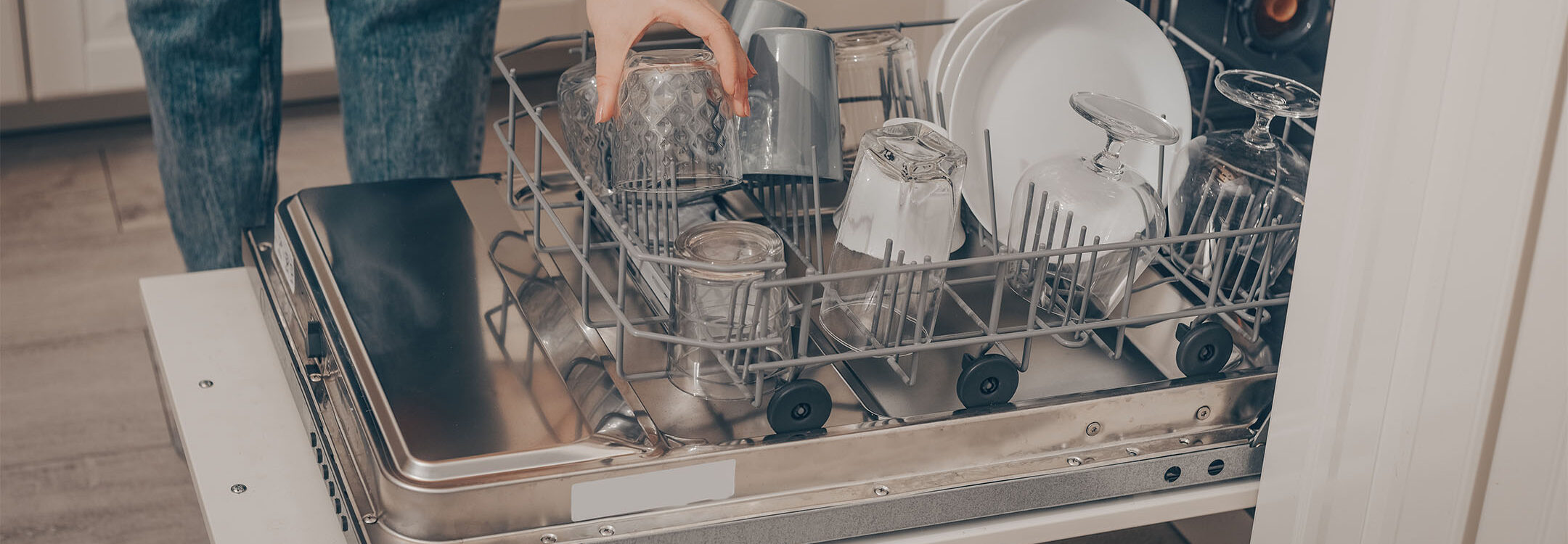
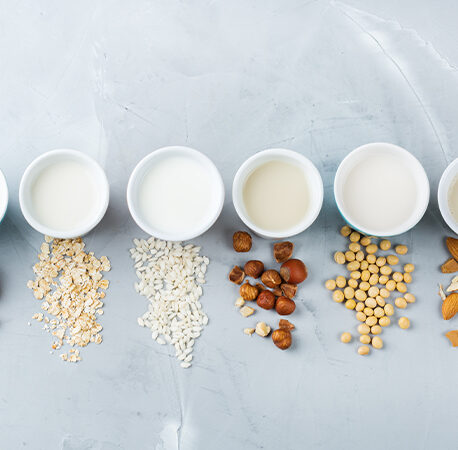

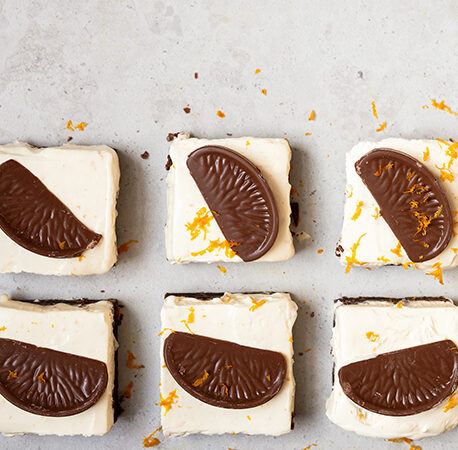
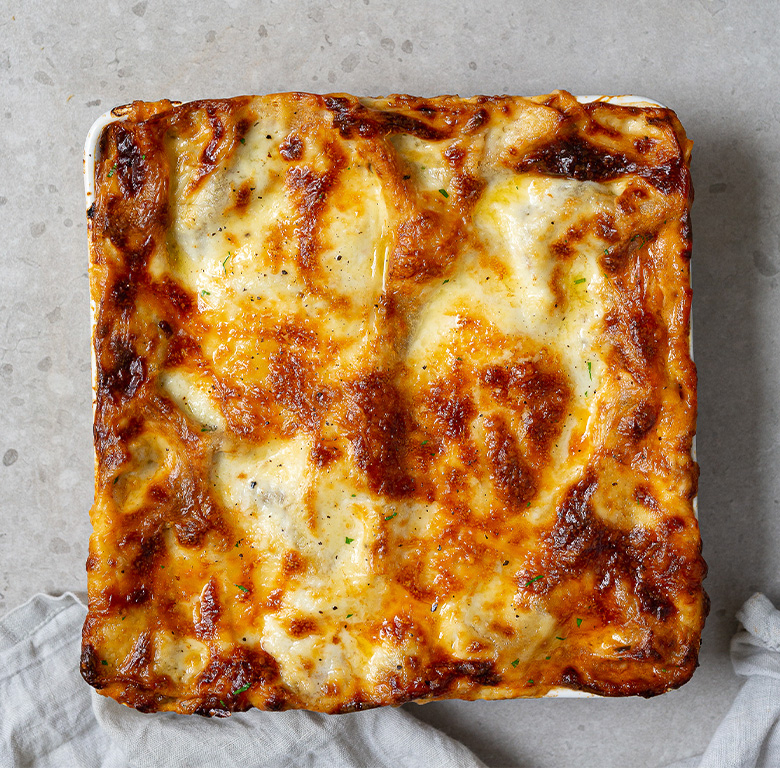
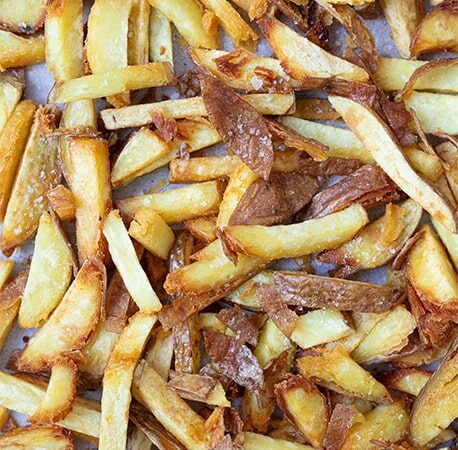
You have to be signed in to comment this post.